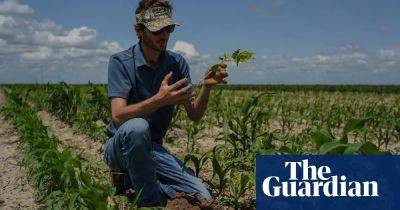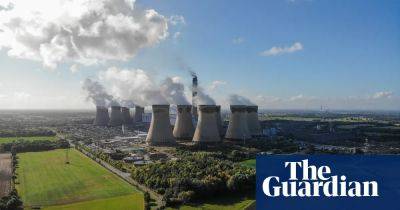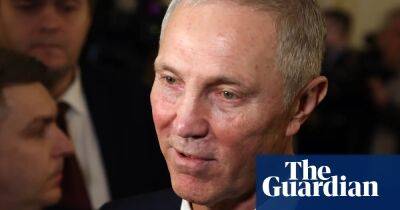Hot air: five climate myths pushed by the US beef industry
I t’s a hard, unpalatable, disorienting truth: if we’re serious about avoiding the worst scenarios of the climate crisis, people – particularly those who live in wealthier nations – need to consume fewer animal products.
But for the corporate titans who stand atop the nearly trillion-dollar global meat industry, this modest change represents an existential threat, which is why they’re spinning the truth about the full climate impacts of animal agriculture.
In the Guardian’s review of dozens of industry-aligned articles, op-eds, fact sheets, blog posts, informational videos, educational assets and social media messages, several themes repeatedly surfaced. Taken together, this vast body of industry-funded messaging works to perpetuate five myths to suggest that beef production is not a problem for the climate, and cutting consumption will not help – and may even hurt – environmental progress.
“What we eat matters environmentally to some degree, but it pales compared to what we drive or how we use energy,” Frank Mitloehner, a UC Davis animal scientist, who works with the beef industry on research and messaging, said in a 2018 article for the industry publication Meatingplace. “So, have the burger. Just make sure you walk to the restaurant.”
The implication – made repeatedly in Mitloehner’s blog posts and public comments and reinforced through industry marketing materials – is that the impacts of energy use so far outweigh agricultural-related emissions that we might as well not worry about what we eat. It’s true that fossil fuels have been the primary driver of the climate crisis. According to most estimates, all of agriculture – not just livestock – is responsible for one-quarter to one-third of global emissions, while energy
Read more on theguardian.com


















